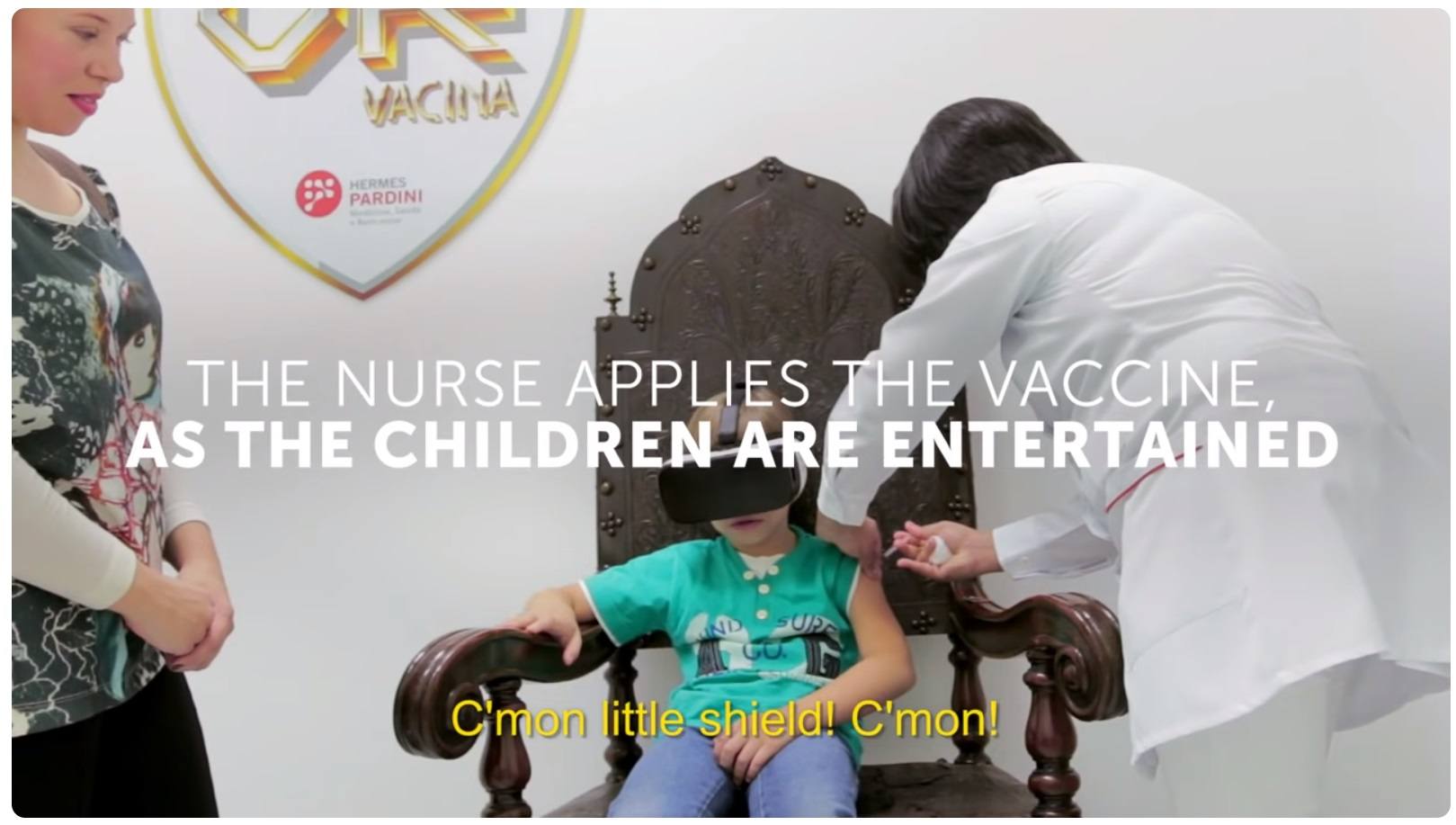Pediatricians Can Earn Over $300 Thousand by Vaccinating Children – Virtual Reality Now Used to Increase Vaccine Uptake in Victims
Greg Reese has just published a report showing how pediatricians earn $400 for every vaccine injected into children under the age of 2, where the average pediatrician in the United States can earn over $300 thousand per year, which is usually more than their salary. Not only is this incentive for pediatricians to kick families out their practice who do not agree to the full CDC childhood vaccination schedule, it is a major incentive to inject babies and toddlers with as many vaccines as possible during an office visit, which greatly increases their risk of death and injuries. Reese also published a video showing how doctors and nurses in Brazil have started using virtual reality head gear to reduce fear and anxiety in children as they are injected with these toxic and poisonous shots. Getting more victims to receive injections is not the only application of this new technology today, such as virtual reality headsets. Apple is planning on using their new "Vision Pro" VR headsets to monitor people for "mental health."







